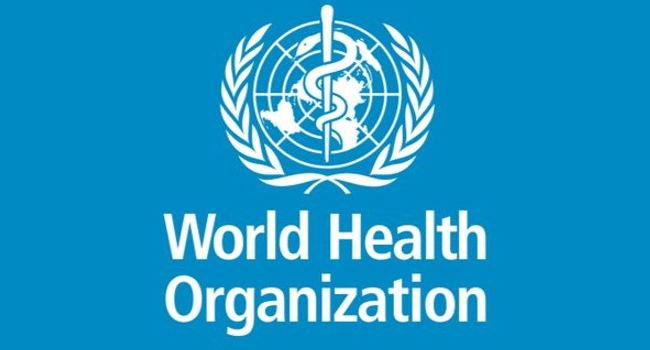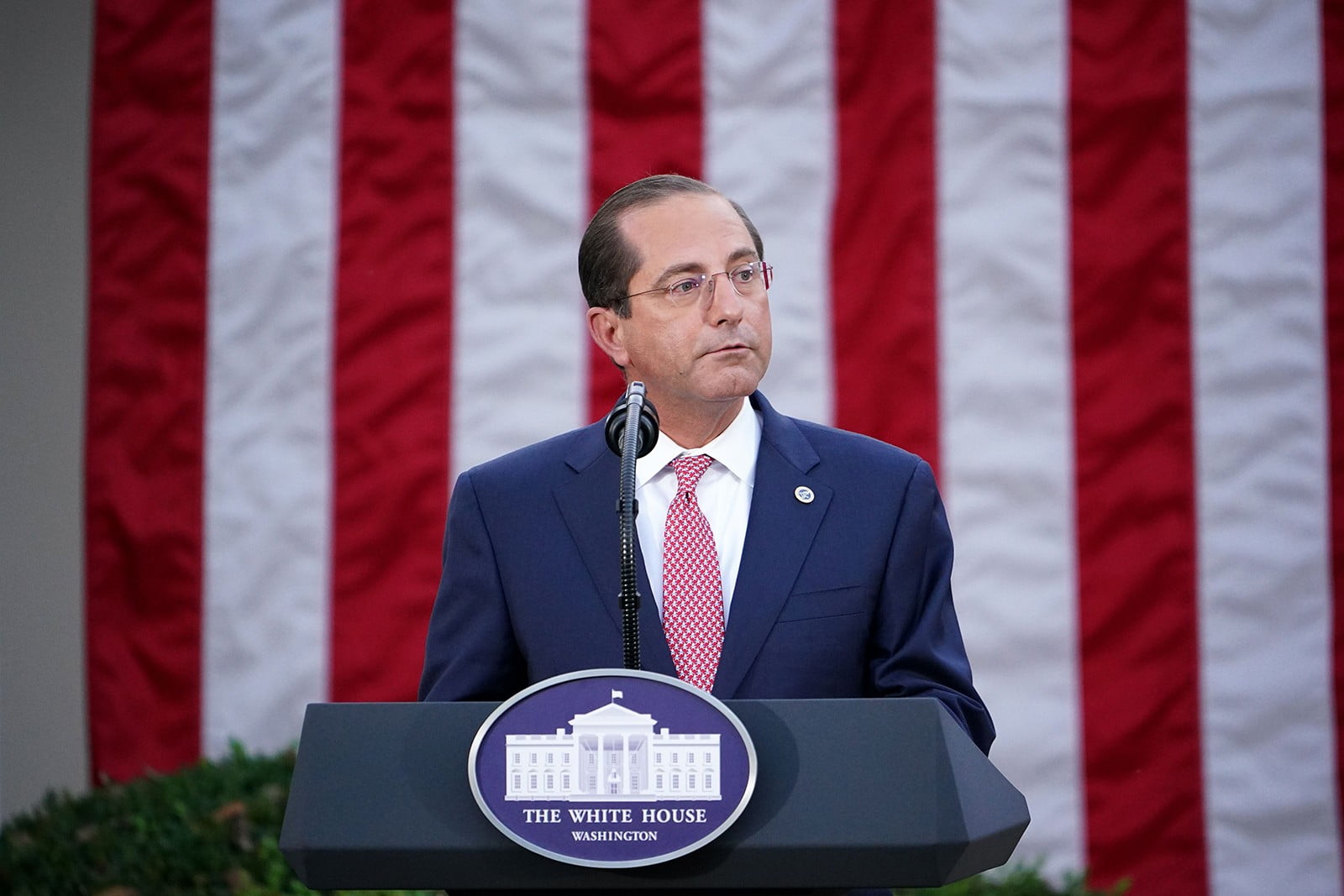The World Health Organization chief hailed Monday “encouraging” news about Covid-19 vaccines
We continue to receive encouraging news about COVID-19 vaccines and remain cautiously optimistic about the potential for new tools to start to arrive in the coming months,” WHO chief Tedros Adhanom Ghebreyesus told a virtual press briefing.
But he added: “This is no time for complacency.”
His comments came as global hopes of overcoming the coronavirus pandemic were boosted after a second candidate vaccine was found to be nearly 95 percent effective in an ongoing trial.
The news from the US biotech firm Moderna brought much-needed optimism to a world facing surging infections and gruelling new restrictions.
It came after similar results were announced last week for a vaccine candidate developed by pharma giant Pfizer and its German partner BioNTech.
But WHO has warned that widespread availability of any vaccine remains a long way off, even as Covid-19 cases and deaths surge in many parts of the world.
“This is a dangerous virus, which can attack every system in the body,” said Tedros. “Those countries that are letting the virus run unchecked are playing with fire.”
– Vaccine alone ‘won’t end pandemic’ –
Globally, infections have soared past 54 million with more than 1.3 million deaths, and experts caution
there are still difficult and dangerous months ahead.
“A vaccine on its own will not end the pandemic,” Tedros warned earlier Monday.
During the evening press conference, he said WHO was “extremely concerned by the surge in cases we’re seeing in some countries”.
He voiced particular alarm about the situation in Europe and the Americas, where health workers and systems “are being pushed to the breaking point”.
“Health workers on the frontlines have been stretched for months. They are exhausted,” he warned.
“We must do all we can to protect them, especially during this period when the virus is spiking and patients are filling hospital beds.”
Tedros insisted that countries had “no excuse for inaction.
“A laissez-faire attitude to the virus -– not using the full range of tools available -– leads to death, suffering and hurts livelihoods and economies,” he said.
“It’s not a choice between lives or livelihoods. The quickest way to open up economies is to defeat the virus.”


